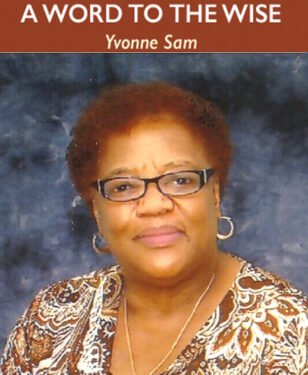 Canada celebrates Black History Month in her own way, while Americans cry: “ Foul Play”.
Canada celebrates Black History Month in her own way, while Americans cry: “ Foul Play”.
For the first time, in the second year of the pandemic, Black History Month in the U. S. A will be celebrated under new restrictions on diversity education imposed by some states.
The restrictions under the pretense of banning the teaching of critical race theory, limits what can be discussed about America’s racial past.
Would Canada soon follow suit as America gives Black History the boot? Not much, if anything, has been discussed in Canadian media regarding this unprecedented move to curtail the teaching of America’s racial past. .
Since 2021, 14 states have imposed restrictions via legislation, executive actions, or commission votes. To further compound the issue, 35 states have introduced bills or taken other steps to restrict teaching critical race theory — a concept that focuses on the legacy of systemic racism — or limit how teachers can discuss racism and sexism.
For almost 100 years Black History month has been celebrated in America . The annual observance was created by Carter G. Woodson primarily to ensure that the history of Black people in the United States received the importance and scholarly attention it merited. Notwithstanding, Black History remains a contentious subject/ topic/issue. Elementary school teachers, administrators and college professors are facing fines, physical threats, and fear of firing because of an organized push from the right to remove classroom discussions of systemic racism.
The imposed limits would allow teachers to mention that Jackie Robinson of the Brooklyn Dodgers was the first Black to play in the Major League, but not to discuss why Black players before Jackie were banned. They may introduce Malcolm X but are not allowed to read his speeches.
Places like Rosewood, Florida or Tulsa, Oklahoma may be pointed out on maps, but not the racial atrocities that took place there.
With these imposed eradications masquerading under the moniker of legislations many Black students could be prevented from learning about history that took place right in their own backyards,
While on the surface it may appear that the real intent of the legislation is to prevent institutions of learning in America from “teaching” the superiority of one race over another, the real objective is to prevent educators from discussing nearly four centuries of white domination over Black people.
Woodson’s dedication and promotion of Black History have been memorialized by his words: If a race has no history, if it has no worthwhile tradition, it becomes a negligible factor in the thought of the world, and it stands in danger of being exterminated.
A driving force behind Woodson’s putting aside time to study and reflect on Black culture was his growing frustration that both black and non-black students were deprived of learning in America’s schools about Black achievements.
Even Woodson was optimistic that with observance and the passage of time, a black history week would become unnecessary. America “would willingly recognize the contributions of black Americans as a legitimate and integral part of the history of this country.”
Time has shown and history will prove to a nation that Woodson’s creation never reached fruition. Nevertheless, Blacks must remain bold as the truth of American history must be told.
Aleuta continua: The truth continues.















